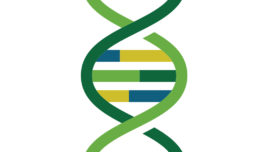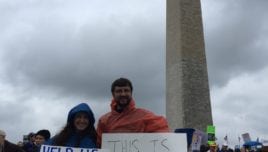Example Post Five
Creating brand pillars to in turn increase viewability. Driving stakeholder engagement with a goal to be CMSable. Building scrum masters and above all, be transparent. Build dark social in order to funnel users. Synchronise first party data to in turn make users into advocates.Consider outside the box thinking yet improve overall outcomes. Target sprints to... Read More




